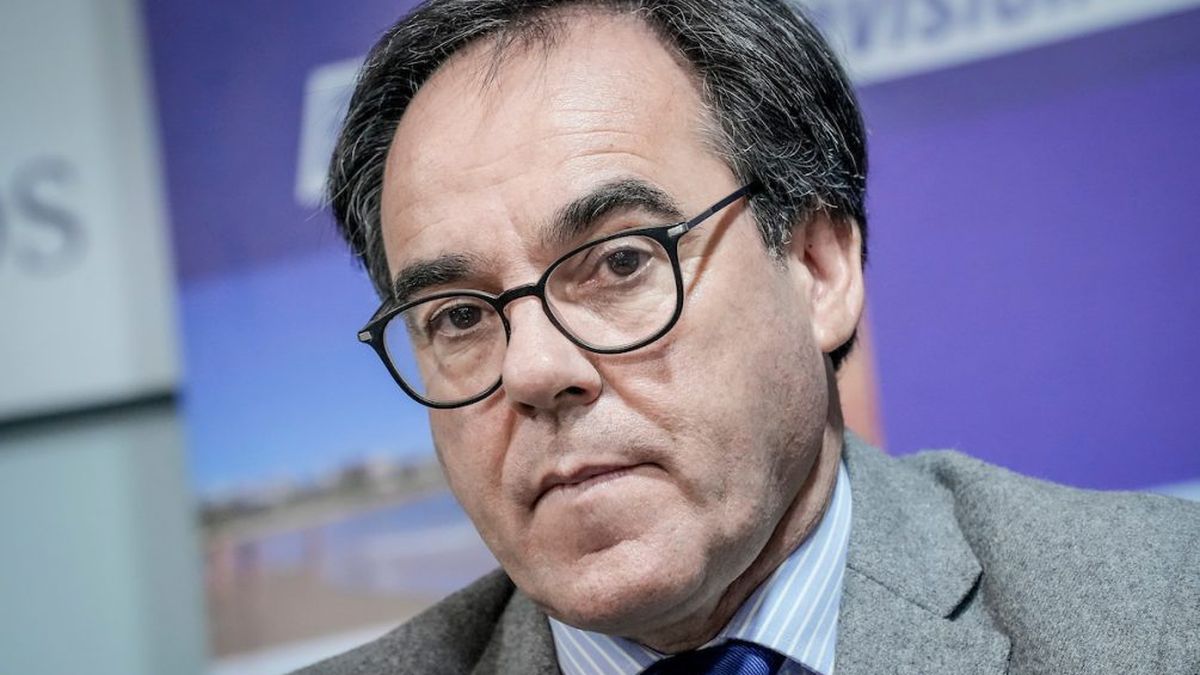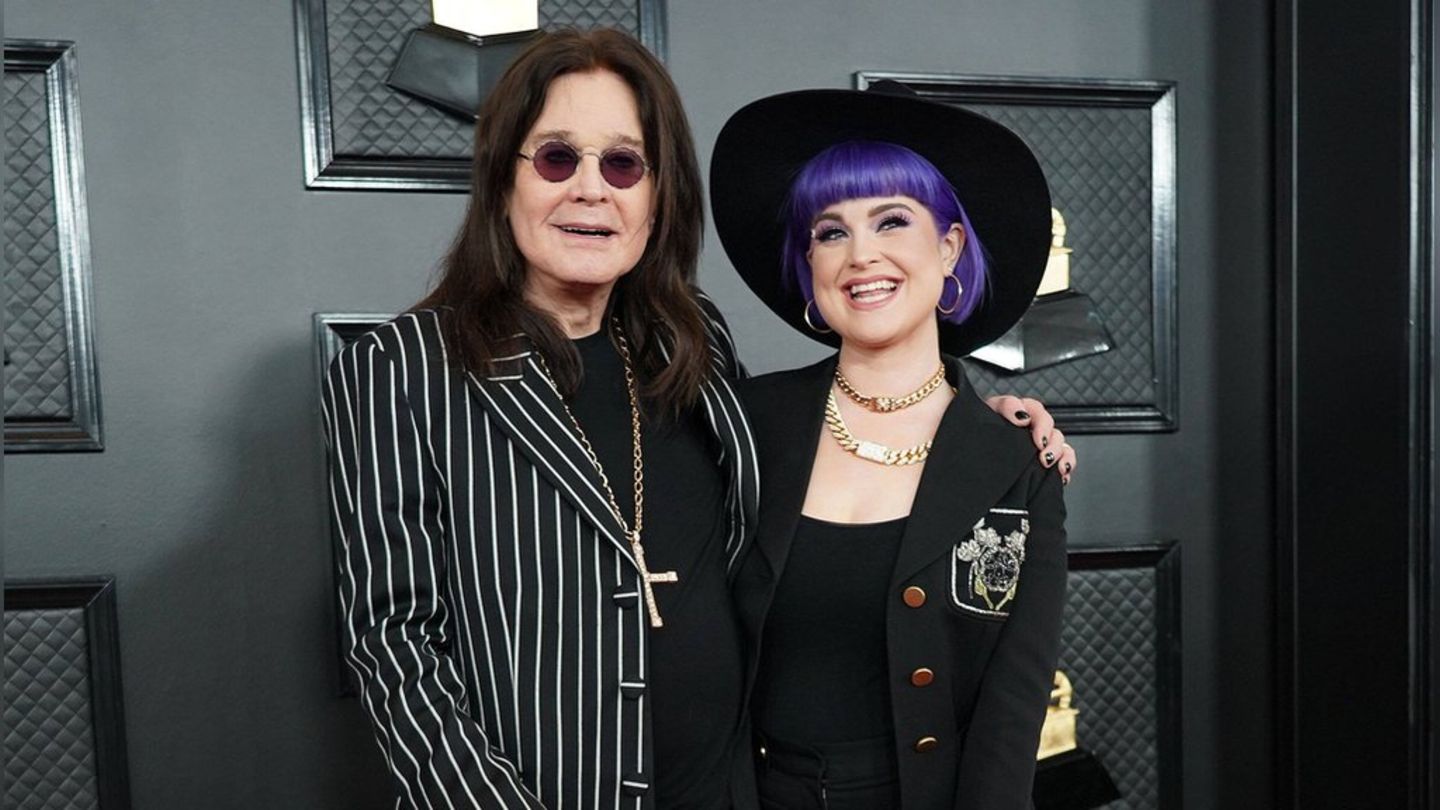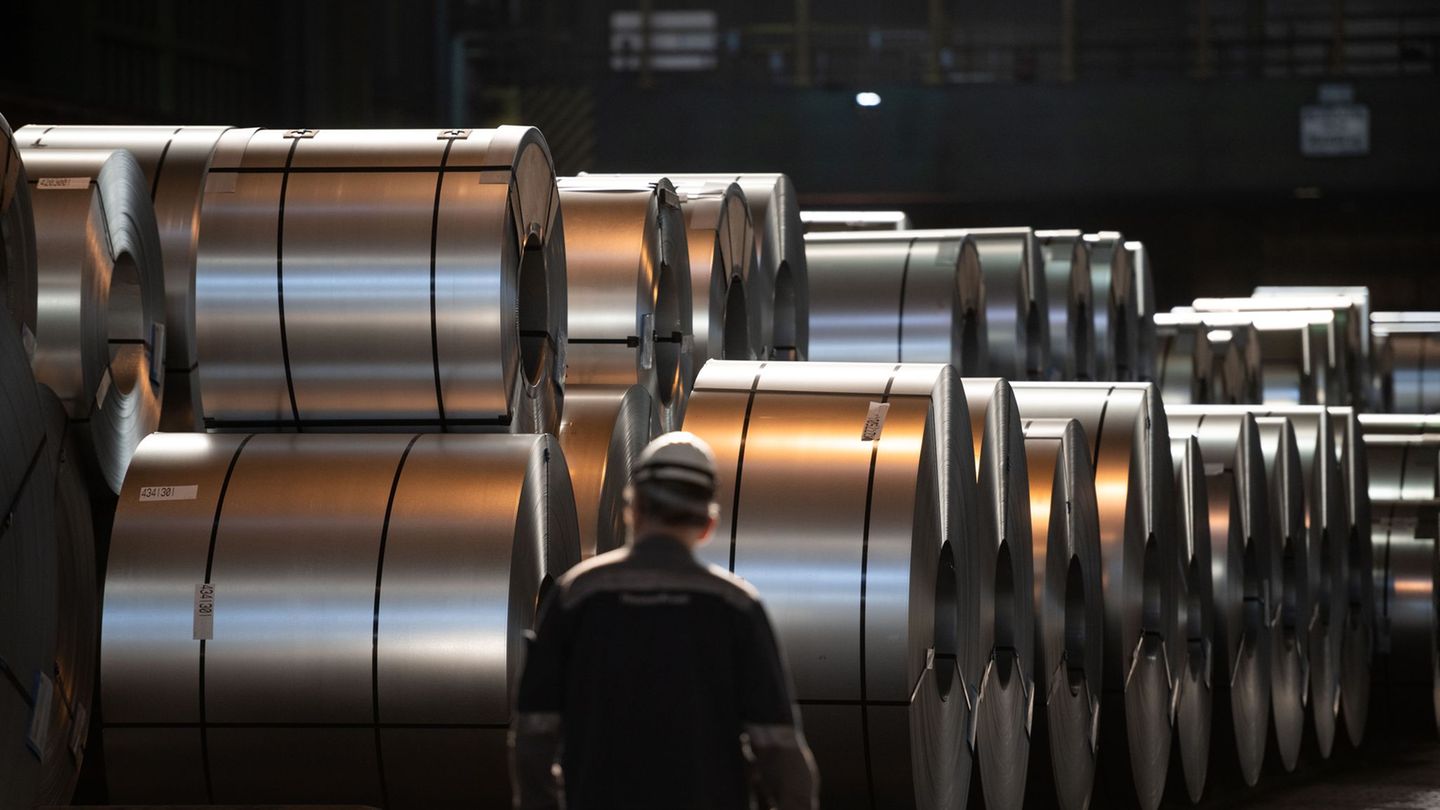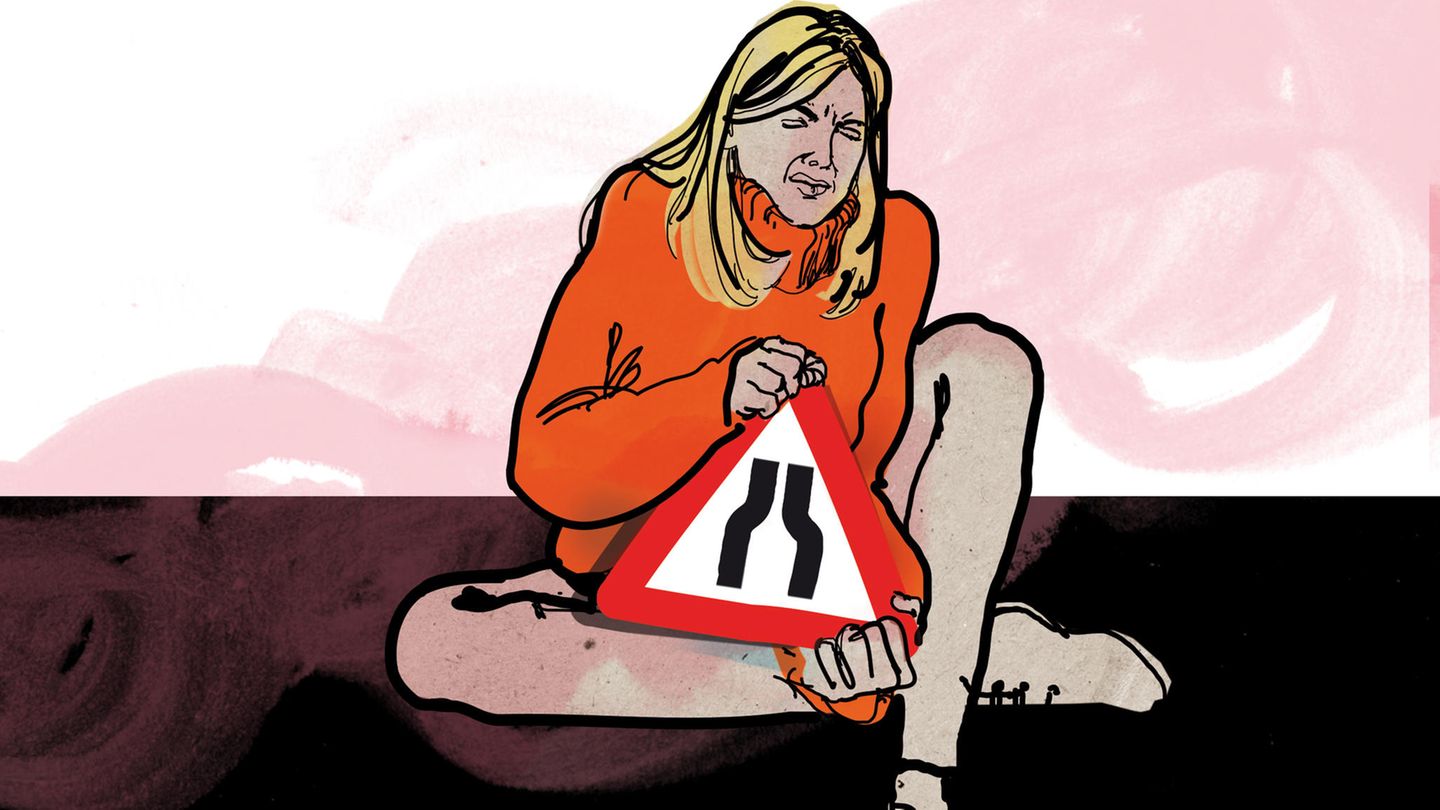“The environment and the economy today go hand in hand”, raised Bouvier, who in the last hours was the subject of a request for interpellation by the Senate, which asked him to explain the management of the drought and drinking water in recent months. On this, the minister highlighted the work of his portfolio and added that “OSE did an excellent drive” in the management of water deficit.
– In the interpellation request there is an implicit questioning, could the drought have been handled better?
In terms of water supply, OSE did an excellent job managing all of this water deficit. We start from the premise that there was not a single day of water cuts, which is substantial and essential in managing this crisis.
And then, from the point of view of the Environment, it is a water crisis that undoubtedly had to be faced with the tools that were available, and in this case what was done was, taking care not to intervene or impact the environment, to seek the appropriate solutions. for each locality.
– The drought also affected electricity generation from water sources, in a context where renewable energies, such as wind or biomass, have an increasing place. Do any of them see a particularly promising future?
Surely wind energy is something that will continue to advance, because it is clean energy, and we are in a country where we have wind and so on, so it is clearly growing.
– The government seeks to agree a loan with the World Bank with interest tied to environmental parameters. What real possibilities exist that there is a place for this type of initiative? Is it a path that Uruguay can take advantage of?
It is a path that Uruguay is already taking advantage of. Today we have the green bond, which is tied to environmental indicators. And that is what is coming in the future: credit loans tied to indicators that are friendly and show that the States are concerned about maintaining the environment and sustainability. This will give advantages from the credit point of view, for those who request lines of credit, with better rates. Because in turn, there are instruments where if you reached the indicators, they benefit you with the rate, and if you do not comply, they penalize you or the stipulated rate is maintained.
– As a result of the implementation of the green bond, was there a greater priority in environmental policies?
Yes, without a doubt. We have had an important development, for example, in electric mobility, with the incorporation of buses and cars, taxis, exemptions for the purchase of vehicles of this type… This has had very important bases in improving emission indicators. In turn, also the issue of native forests, which has grown its area. We are doing quite well, it is not from one day to the next, but little by little progress is being made in that sense.
Green hydrogen and UPM 2: investments with an environmental perspective
– What order of priority do you assign to the arrival of green hydrogen in Uruguay?
It’s kind of interesting, it’s in a totally early stage. We are under study and we are receiving foreign companies that come to propose models. It is also working very closely with Ancap. Green hydrogen is something that the country has to pay a lot of attention to, we are in a position to access this type of technology.
– Do you break with the myth that the environment and economic development do not go hand in hand?
Of course, day by day we are advancing in environmental awareness. The environment is increasingly tied and indexed to the economy, and today they go hand in hand. Today the world is moving towards sustainability and is becoming aware, and we are going along with that.
– Now, there are investments, such as UPM 2, that even if pollution is reduced to the minimum possible, even if it affects it a little. As Minister of the Environment, how do you find that balance between productivity and environmental care?
It is the balance that must be sought. But for that you have to have a strict technical control, in this case of the UPM 2 plant we had a technical team working for more than two years, totally strict and rigorous and taking care of all the details. We plan a Baseline with which the indicators produced by the plant will be compared. We have to seek an agreement between the possible, the economic and the environmental. In this conjunction we have to be very jealous of what touches us.
– How has the follow-up of the start-up been evaluated?
It’s been a very short time. She leaves talking permanently but I don’t have a report yet.
The internal one within the government coalition and the place of Partido Colorado in the face of the elections
– Sometimes the Colorado Party is considered a minor partner of the government coalition. Has the internal discussion over the pension reform put it elsewhere?
The Colorado Party is not a minor partner, it is a reliable and very good partner for the government. The educational reform was put together by the Colorados, the entire energy issue is in the hands of the Colorados, we have management in Antel, the Ministry of Livestock, Agriculture and Fisheries. We have a lot of positions from where we are managing and we are going to have to show that in the next election: the management that all our men are doing, which is very important.
– How do you see the Colorado Party facing the next elections?
The candidacies already at the end of the year will begin to emerge. When some issues that remain pending are decided, such as whether Pedro (Bordaberry) returns or not, who is going to be a candidate and who is not. When these doubts are defined, the Party is going to have a very good offer of candidates.
– Is there time to build a candidate?
I think so, the public will appreciate the management we did during all these years. Candidates emerge by themselves.
Source: Ambito




